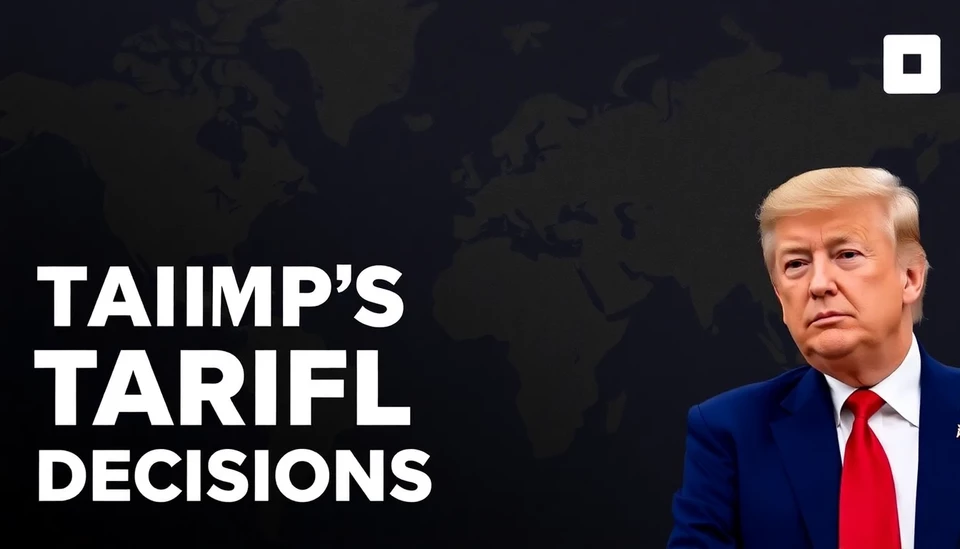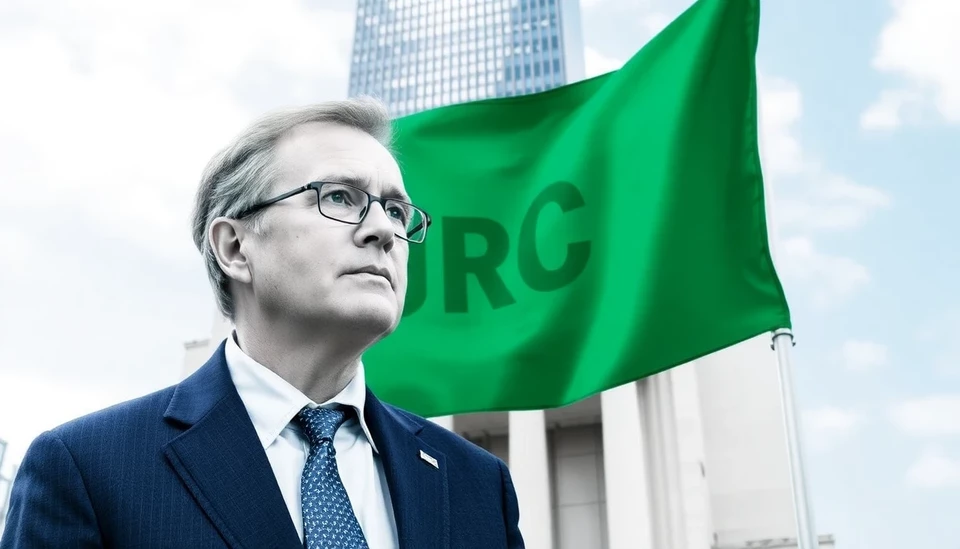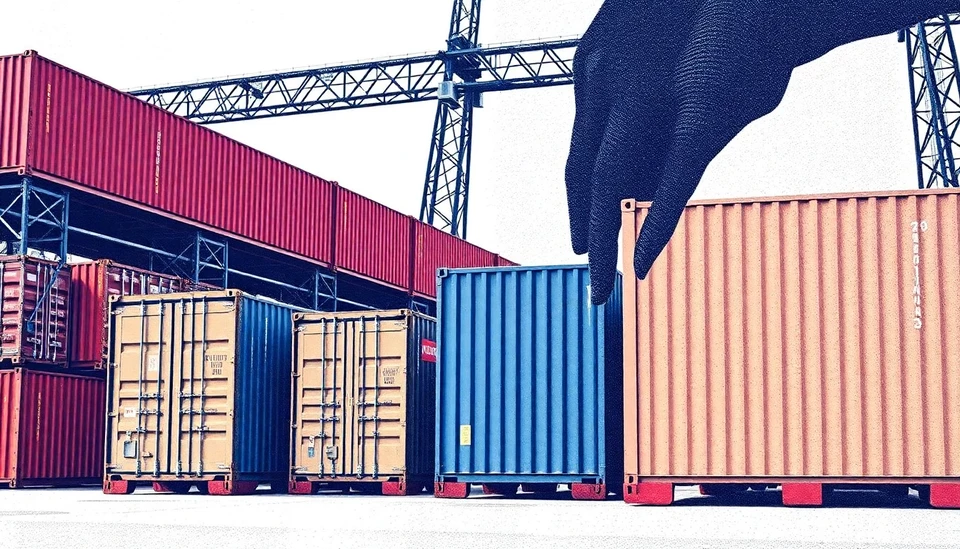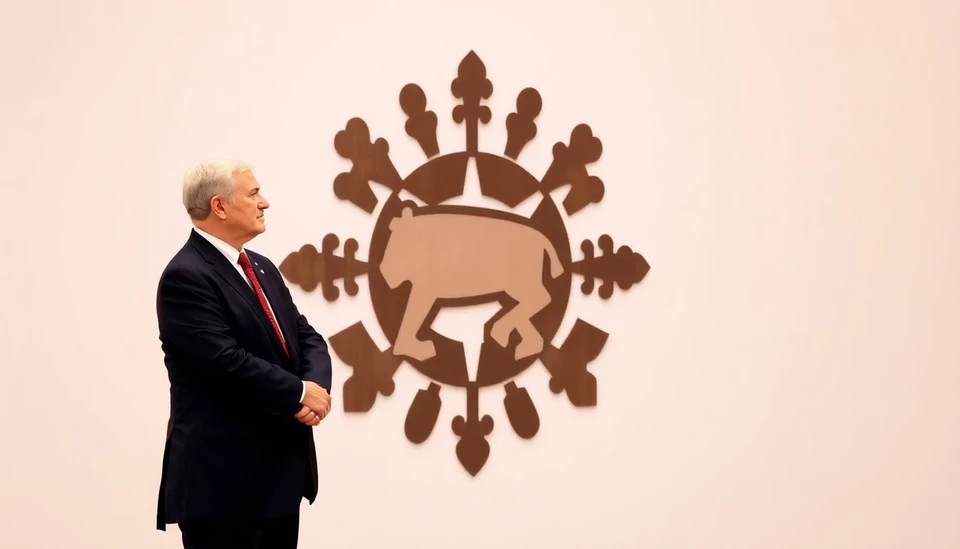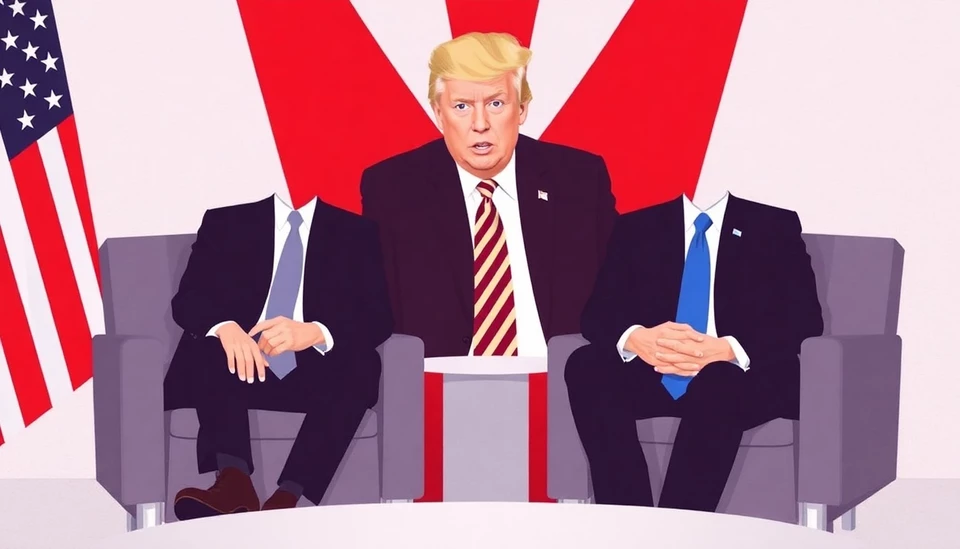
In a significant turn of events, global CEOs are confronting new challenges as the specter of protectionism returns during former President Donald Trump's second campaign for the White House. Business leaders, who had become accustomed to a more open trade environment, now face an uncertain landscape dominated by potential shifts in U.S. trade policy and international relations.
The recent developments have stirred concerns across various industries as many executives anticipate a renewed focus on domestic production and reduced reliance on foreign supply chains. Trump's re-emergence in the political scene threatens to reignite the trade tensions experienced during his first term, a time characterized by tariffs and confrontational policies toward countries such as China and Mexico.
As CEOs gather at global forums and conferences, discussions have increasingly centered around building resilience against the backdrop of this anticipated shift towards isolationism. The uncertainty surrounding Trump's policies is exacerbated by ongoing geopolitical tensions and the evolving economic landscape, which compels business leaders to rethink their strategies and operations.
Despite the apprehension, many executives acknowledge the need to adapt to the potential rollercoaster of U.S. trade regulations. The notion of “America First” seems poised to resurface, prompting companies to reconsider not only their supply chains but also their broader market strategies. This could mean investing more in domestic manufacturing capabilities or exploring new markets to hedge against potential tariffs and trade barriers.
The move toward protectionism is also echoing in sectors like technology and pharmaceuticals, where reliance on global supply chains could become a liability. Leaders in these industries are particularly worried about the implications of a more insular U.S. market, which could stifle innovation and restrict competition from foreign players.
Moreover, the global economic recovery following the pandemic remains fragile, and the reintroduction of stringent trade policies could hinder momentum, affecting both businesses and consumers alike. CEOs are beginning to lobby not only for continued free trade but also for a more stable and predictable regulatory environment that fosters growth and international collaboration.
Looking ahead, the business community is bracing for a protracted period of unpredictability. The specter of protectionism looms large as executives prepare for possible policy changes that could ripple through the global economy. Adaptability will be crucial as these leaders navigate the complexities of a world where trade barriers may become the norm rather than the exception.
In conclusion, as Trump’s candidacy reinvigorates discussions around protectionism, the pressure mounts on CEOs to lead with foresight. In this new era, businesses will have to not only respond to immediate market realities but also strategize for potential long-term changes in the global trade landscape.
As global CEOs find their footing in this evolving environment, the stakes remain high—innovation, growth, and international cooperation may all hang in the balance. The coming months will undoubtedly reveal how these leaders will maneuver through the uncertainties and what new strategies they will employ to thrive amidst a climate of protectionism.
#Protectionism #TradePolicy #GlobalTrade #BusinessLeadership #Trump2024 #CEOs #SupplyChains #EconomicRecovery
Author: John Harris

